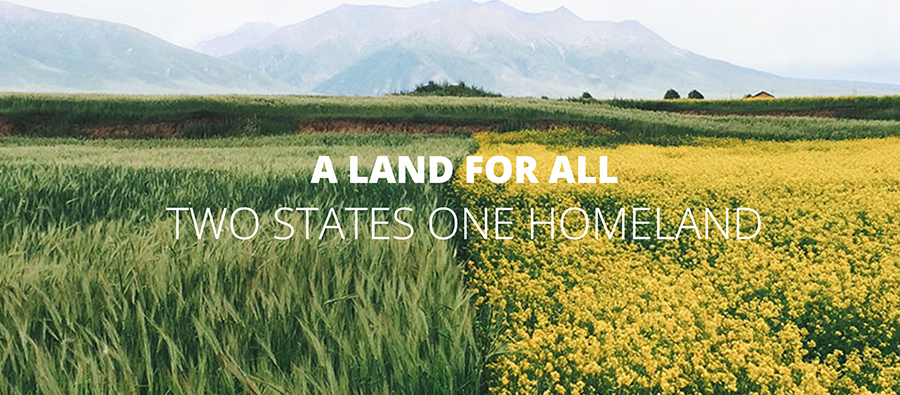Utopian ideas make me extremely skeptical, especially for Israel and Palestine. Advocates of one binational state in my experience refuse to think hard about the abysmal records of such states. And I thought the same when someone spoke to me of a “confederation” as a solution. What in the world does that mean?
This group, A Land For All (ALFA), has put some critical flesh on its bones. [The Holy Land Confederation is a similar conception–Ed.] The basic notion is two states, but with a crucial twist. Both Israelis and Palestinians would have the right “to live” in any part of historic Palestine, but only Israelis would be citizens of Israel and only Palestinians would be citizens of Palestine — and thus of course would only vote in the country in which they are citizens. It is something like a European Union (EU) model as I understand it: EU citizens can live and work in other EU states, but do not have citizenship or the franchise there (except sometimes in local elections).
In a significant sense, I think that this is naive. The organization’s website says that each state will have security forces “which will cooperate closely and jointly protect the external borders of the shared land.” Alevai. But the failure to cooperate in so many ways is precisely the problem.
Similarly, it says that “[t]he two states will share institutions of a confederate nature, to decide on joint matters. The two states will decide on the powers granted to these institutions and the issues to be managed by each state individually.” Dealing with this issue literally caused the US Civil War as well as civil wars in other nations.
The EU works because all of its nations are relatively stable democracies, and was formed under the US nuclear umbrella during the Cold War: even now, it is having problems staying together and here, Palestine would be a new state with no stable institutions.
And yet, it is serious. The idea of applying the EU model is creative and goes a way toward squaring the circle: whatever the EU’s problems, it has survived for decades. Just as importantly, ALFA is an “organization.” It is building civil society. Yes, there are too many professors on the board, but what can you do. It is trying to build public support through direct engagement rather than imposing some idea hatched in the academy.
Obviously, this is a long way away. But long ways away tend to move far more quickly than people imagine. I am watching the organization’s activities with great interest, incredulity, and hope.
Jonathan Zasloff